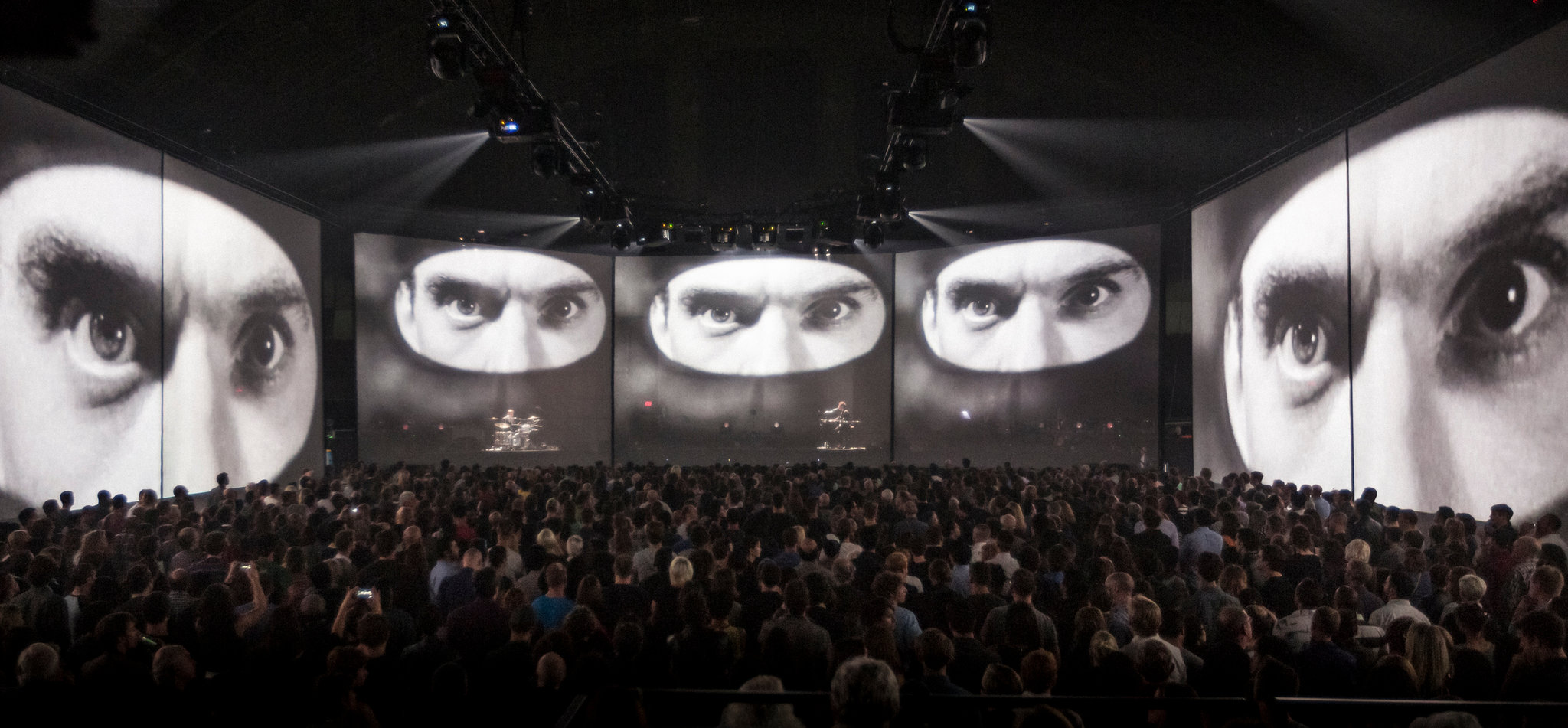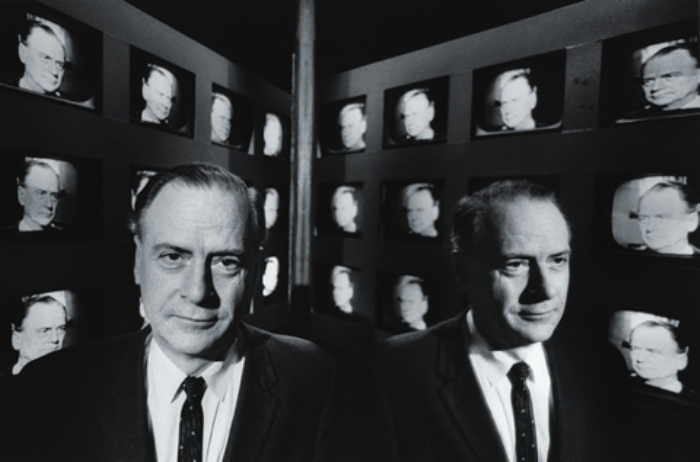Is privacy one of the
big currencies of the future?

Massive Attack V Adam Curtis
The history of privacy makes clear that there is a strong relationship between privacy and the development of technology. Before television has arrived, there were a few sources of knowledge, academy, literacy, and parent's knowledge. We use to carry on many learnings from our background. Of course, media was already playing an important role, creating common beliefs through the radio and the newspaper. However, when the television arrived, a dramatic change happened: we got addicted more to the medium than the message.
If you want to know more about it, read "The medium is the message", by the Canadian philosopher Marshall McLuhan.
In his theory, McLuhan defends that the way that we send and receive information is more important than the information itself. In his visionary mind, he was already predicting we would jump into an age of information, where knowledge comes from everywhere. As McLuhan said, "There is no part of us untouched", and wisdom became a state of surfing on multiple media and enjoying what they can return for us in return of our data and our beliefs. Some will give us entertainment, others awareness, and even coolness. Adding that social media (curated by algorithms) is now playing an essential part in it, we can understand that what we understand by knowledge has already changed.

Marshall McLuhan, 1966. By: Henri Daumain/Life
Information has now two important characteristics that rule the world, power and money. And since data turned out in one of the big currencies of the future, so did privacy. We are increasingly going to live in a surveillance society in which almost everything about our lives will be known.



